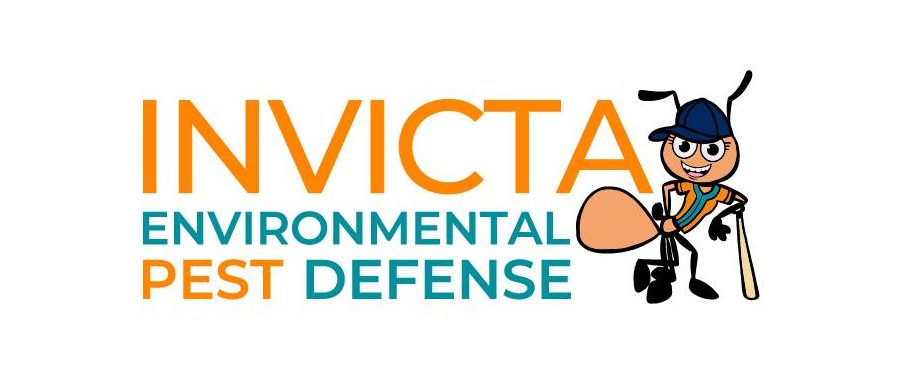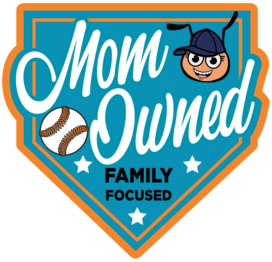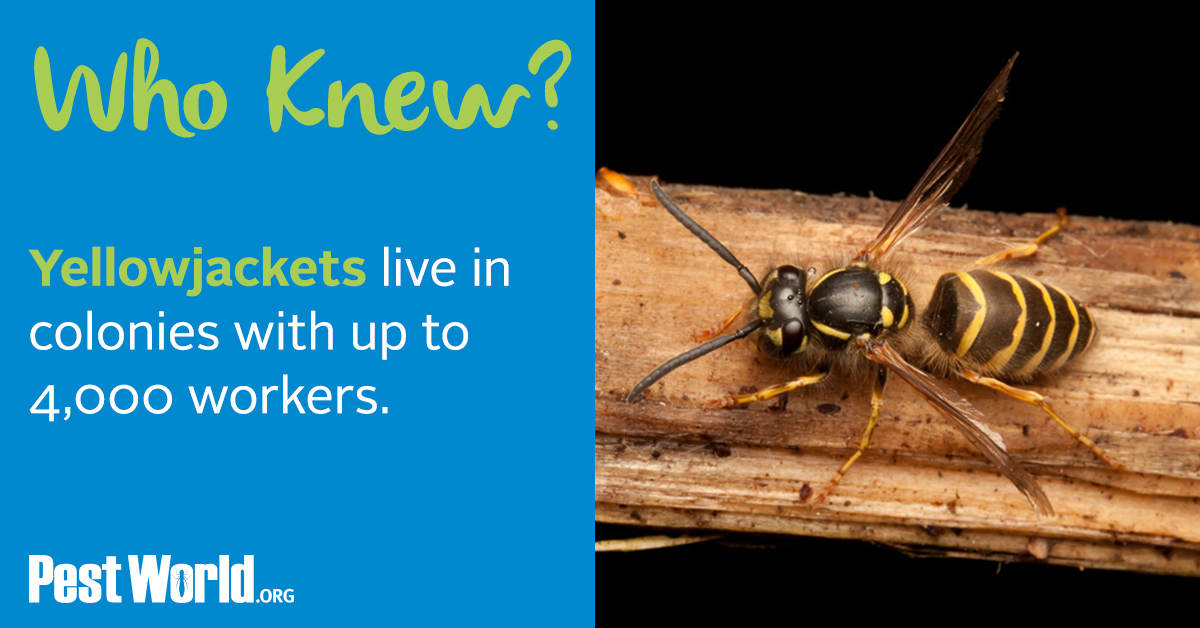Invicta Environmental Pest Defense offers tips on how to deal with the season’s most common stinging insects
While the distinct buzzing noise and mere sight of a hornet or wasp is enough to make most people swat wildly in fear, there are much safer ways to deal with these sometimes aggressive summer pests. Invicta Environmental Pest Defense advises homeowners that when it comes to stinging insects, gaining a better understanding of these pests’ behavior and habits is an important part of helping to prevent stings.
In fact, stinging insects can pack more than just a painful sting. According to the National Pest Management Association (NPMA), a nonprofit organization committed to the protection of public health, food, and property from common household pests, stinging insects send more than 500,000 people to the emergency room every year.
“The best way to ensure you or someone in your family doesn’t become a victim of painful stings is to understand which species are causing problems on your property and how best to avoid them,” said Mike Gilbert, Board Certified Entomologist at Invicta Environmental Pest Defense. “However, hives and nests should never be handled or removed on your own, as some colonies can contain hundreds of insects and can sting en masse in defense of the nest.”
Invicta Environmental Pest Defense offers the following information on the three most common aggressive stinging insects encountered during the summertime:
- 1. Bald-Faced Hornets: Bald-faced hornets get their common name because they are largely black in color, with a mostly white face. These social insects live in colonies that can contain between 100 and 400 members at their peak. They build nests that are at least three feet off the ground and in exposed locations such as trees, utility poles, overhangs, houses, sheds or other structures. Unlike many other stinging insects, bald-faced hornets do not reuse their nests season after season.
Prevention: Bald-faced hornets are aggressive and will attack if their space is invaded. During the summer months, walk around the exterior of your home to inspect for nests on a routine basis, paying special attention to overhangs, eaves, the underside of porches, and decks. - 2. Yellowjackets: These social insects tend to build nests in trees and buildings, as well as in the ground. They are slow to sting unless their nest is threatened, in which case they will become highly aggressive. Unlike bees, yellowjackets can sting several times and inflict severe pain.
Prevention: Yellowjackets are especially attracted to sweets and proteins, so it is important to cover food and drinks during outdoor events and promptly clean up and dispose of food and garbage in a sealed trash container.
- 3. Paper Wasps: Paper wasps get their common name from the paper-like material they use to build their nests. Their nests are typically made in the shape of an umbrella. These pests build nests on twigs and in tree branches and shrubs, as well as porch ceilings, eaves and similar covered places. Wasps are capable of stinging more than once and may use alarm pheromones to call for back-up in defending their nest.
Prevention: Check for paper wasp nests before performing yard work such as shrub or hedge trimming. Treat wood fences and deck railings with a repellant oil to deter paper wasps from gathering cellulose for nest creation.
“Because of the aggressive nature of these stinging insects, it is important to contact a pest professional to remove nests on your home or property,” added Gilbert.
In Raleigh’s warm and humid summer months, stinging insects like hornets, yellowjackets, and paper wasps are more active and pose a serious threat to outdoor activities and home safety. If you spot a nest or have frequent sightings of these pests around your property, don’t take any chances. Invicta Environmental Pest Defense is here to help residents in Raleigh and surrounding areas stay protected with expert, eco-conscious pest solutions. 🐝
For safe and reliable stinging insect control, reach out to our team today.
For more information on stinging insects, please visit Invicta Environmental Pest Defense.


